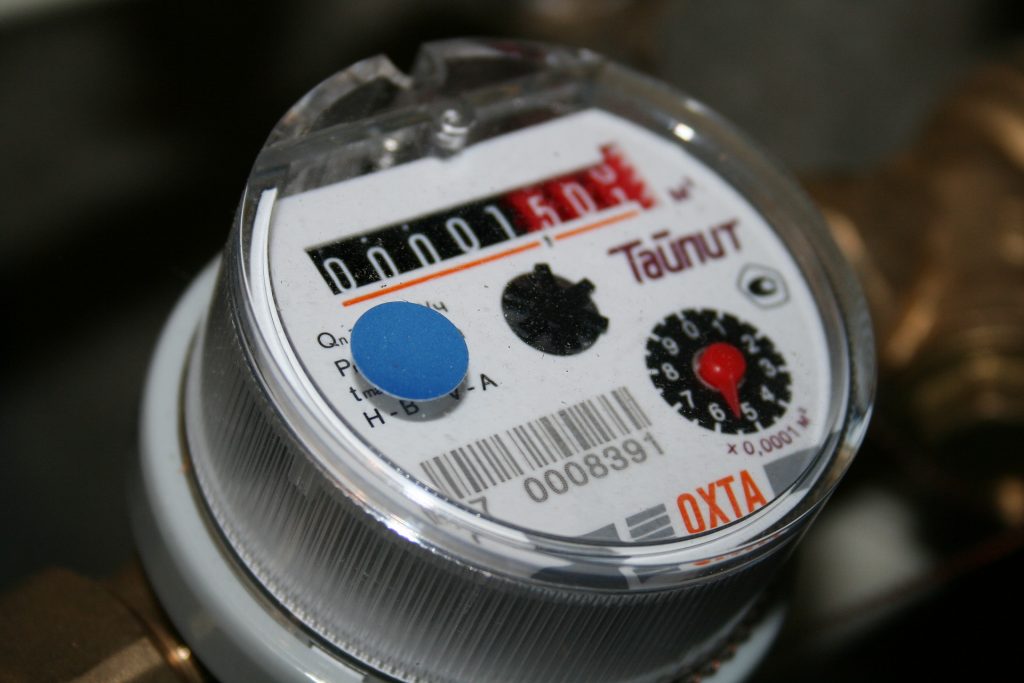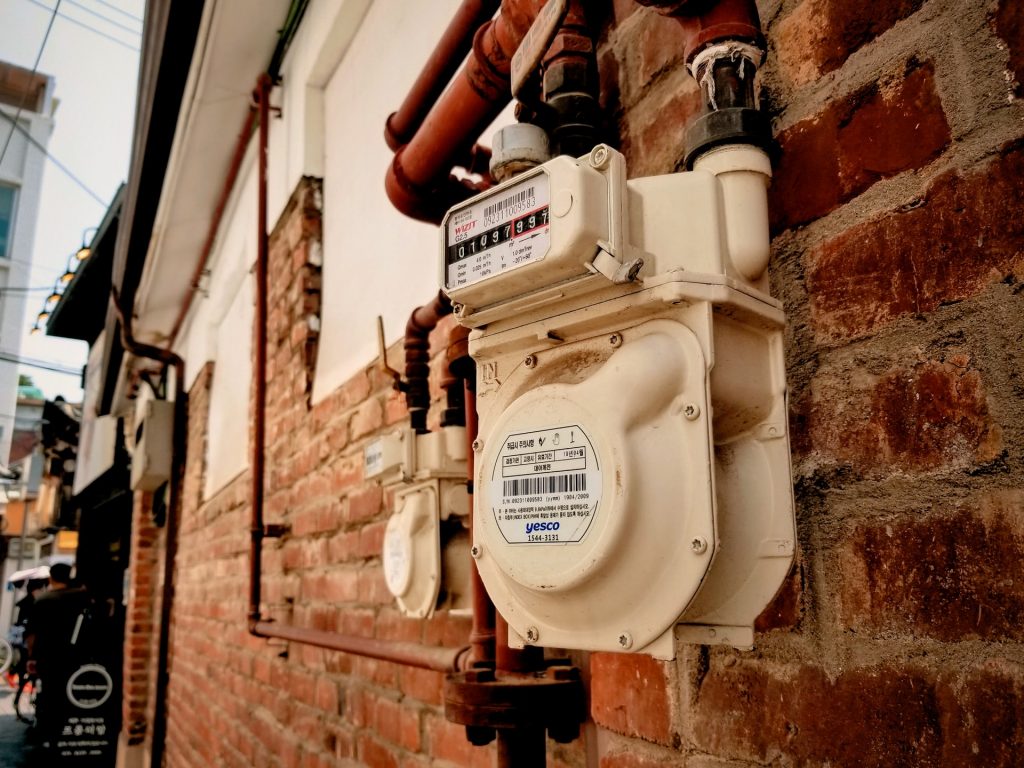 - minute read
- minute read

Smart meters are becoming more and more popular in the UK, as an increasing number of people look for ways to track their usage and keep energy spending down. The installation of smart meters is really simple and requires very little action by tenants. This article explains the steps to installing a smart meter, as well as answering a handful of smart meter FAQs.
A smart meter is a digital device that measures your electricity (and often gas) consumption. It collects data about your energy usage using wireless technology. This data then helps you understand your electricity consumption so that your usage can be adjusted going forward if required.
Smart meters regularly send usage-related updates to your service provider, so as to continuously monitor and update your billing (you can choose how often these updates are sent).
To properly read your smart meter, you either need to get an in-home display or find out how to read your specific model. Once you have a smart meter, regularly checking your usage on the in-home display makes sense, as this will help you stay totally on top of your energy consumption.
Read our article to learn more about smart meters and their benefits.
When signing up to a new energy provider, there’s a good chance they’ll reach out to arrange a suitable time and date to fit your smart meters. Every household in Britain is due to be offered a smart meter by 2025.
If not, then you can contact your energy supplier to get an appointment set up. If you aren’t sure who your energy provider is then the best option is to ring your regional electricity distributor and ask them for help in finding your supplier.
If you don’t want a smart meter or your landlord won’t allow it, then you aren’t obliged to get one.
Depending on whether you’re having one or both replaced, you’ll get an electricity smart meter and/or gas smart meter. These will go exactly where your old meters were. Although different suppliers will install slightly different makes and models, all smart meters have to meet the same set of technical requirements.

If you rent and are responsible for paying the energy bills – if you’re the energy account holder – then you’re entitled to get a smart meter. It’s the job of your energy supplier to install this smart meter at no extra cost to you.
You can still get a smart meter if your landlord is paying the energy bills. However, you’ll need to speak to them about upgrading first. There shouldn’t be any issues here, given that getting a smart meter will be mutually beneficial for both of you.
As a general rule, it takes around 1.5 to 2 hours for a smart meter installation. This will slightly differ from property to property, depending on whereabouts your current meters are. If they’re a little difficult to access, the installation might take slightly longer.
If you’re a dual-fuel customer, then you’ll need two separate smart meters – one for gas and the other for electricity. In this case, your supplier will aim to install both meters on the same visit for maximum ease. You’ll only need one in-home display though, as both your gas and electricity will feed into this.
If your gas and electricity accounts are with different suppliers then you’ll need two separate smart meter installations (one from each of your suppliers).
It’s important to realise that personal info like your name, address and bank details aren’t stored on your smart meter. All a smart meter records are your gas and electricity readings (just like a traditional meter). These readings will only be sent to your energy supplier so they can provide you with accurate bills. They won’t share this data with anyone else, unless you give permission.
One drawback to smart meters is that they need replacing every 10 or so years. This isn’t exactly regular, but it is more often than current gas and electricity meters. There’s no need to worry about this though, as your energy company will let you know when your smart meter is due to be replaced. They’ll also arrange a time and date for this swap over.
When it comes to setting up and paying for bills like energy and the internet in a rented home, there’s a much easier solution. Resooma Bills bundles all your bills into one easy payment, including utilities, wifi, TV and council tax. If you’re living in a shared home, we then equally split bills between you and your housemates, so there’s no need to worry about any awkward chats or having to chase people up for their share.
Rather than having multiple direct debits leave your bank account each month, you’ll just have one bill to pay, with each housemate being responsible for their share. Setting up and managing bills can feel like a daunting task, which is where our shared bill packages come in useful. Let us handle the stress for you!



All your utility bills in one monthly payment, split between housemates
Get a quote


All your utility bills in one monthly payment, split between housemates
Get a quoteFinding his article helpful? We’ve got plenty more helpful articles on there way. Join our Savvy Sunday mailing list